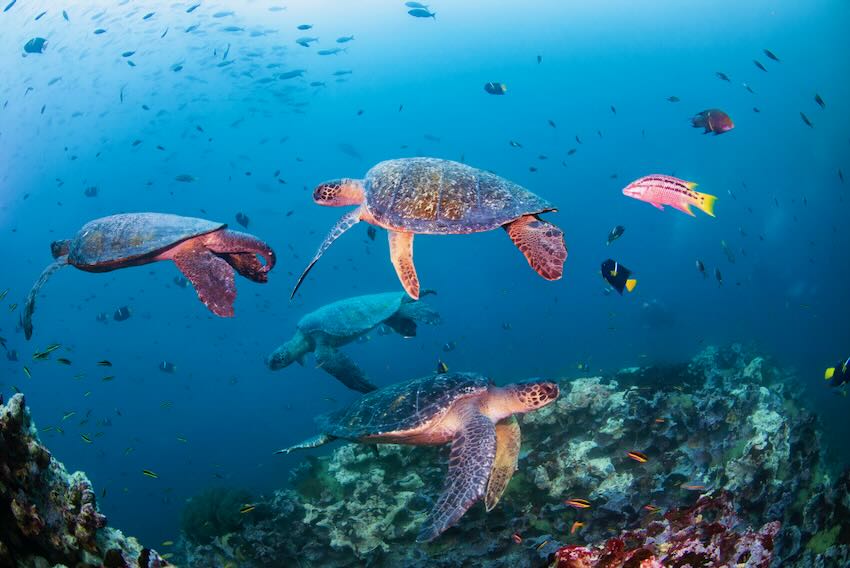
WORLDWIDE: Accor’s founding brand, Novotel, is partnering with World Wide Fund for Nature (WWF) to champion the protection and restoration of the oceans.
Under the agreement, from 2024 to 2027, WWF France will provide technical expertise to Novotel, and its 580 hotels worldwide, to have a positive impact on the ocean.
Novotel is building a three-year science-based action plan, based on three of the United Nations’ ocean-related actions, namely: reducing marine pollution and ocean acidification, particularly from land-based activities; fighting overfishing and promoting sustainable fishing models; and increasing scientific knowledge and research for ocean health.
To inform Novotel’s work, WWF will conduct extensive site visits to Novotel hotels to understand property-level operations and practices, assess procurement data and make recommendations, as well as providing a dedicated steering committee to assess the brand’s progress on its commitments throughout the partnership.
The WWF partnership has four main objectives:
- Work on sustainable seafood policies and supply chains for Novotel hotels and restaurants
- Raise guests’ and employees’ awareness of the importance of the world’s oceans
- Advocate for ocean preservation to inspire industry and policy makers
- Preserve and restore marine biodiversity through support of five WWF flagship projects around the world
Commenting on the partnership, Karelle Lamouche, CCO premium, midscale & economy division, Accor, said: “Together with our partners, teams and guests, Novotel will lead the charge toward a sustainable future for our oceans, pioneering a new era of environmental stewardship in our hotels and driving industry change.”
Lamouche explained that over-exploitation and pollution are depleting the ocean’s resources, while only a tiny fraction of climate finance is allocated to its preservation. “The ocean’s health affects us all and our collective actions have a profound impact,” she said. “We will rebalance how we engage with it, consume its resources, and invest in its protection and restoration.”
Yann Laurans, conservation director, WWF France, said :“WWF is committed to strategic and innovative partnerships with the largest international and national companies in the world to help them reduce their ecological footprint in a concrete way and to make a positive contribution to the environment.
We are confident our world-renowned technical and scientific expertise will help Novotel drive operational change for the greater good of their business and the ocean”.
Novotel will also be sponsoring several critical WWF ocean-related conservation projects across the world.
- The protection of Posidonia, an endemic flowering plant of the Mediterranean which plays a key role as a carbon sink – removing carbon from the atmosphere – and provides benefits to 25 different marine ecosystems.
- The identification and removal of “ghost gear” – lost, abandoned and otherwise discarded fishing gear – the deadliest form of marine plastic waste which impacts marine turtles and mammals, elasmobranchs such as sharks, rays and skates, and marine birds.
- Supporting the WWF France’s Blue Panda boat, which sails across the Mediterranean carrying out work including scientific dives, protecting cetaceans from collisions with marine vehicles, and protecting endangered species of rays and sharks; as well as introducing the public to the Mediterranean, its conservation challenges, and the work being done to protect it.
- Tracking and tracing marine turtles in Asia-Pacific, gathering knowledge on their movements from nesting beaches to migratory corridors and foraging grounds, and mapping critical populations and conservation areas.
- Protecting the sea turtles of the Western Atlantic, strengthening regional cooperation on sustainable fishing techniques and combating illegal fishing. Fighting illegal, unreported and unregulated fishing will help protect leatherback turtles breeding on coastal areas of the Guianas, and green and olive ridley turtles from Brazil to Venezuela.
Read our single-use plastic article about how 32 per cent of all plastic packaging ends up in the sea each year.
Image: supplied by Accor

